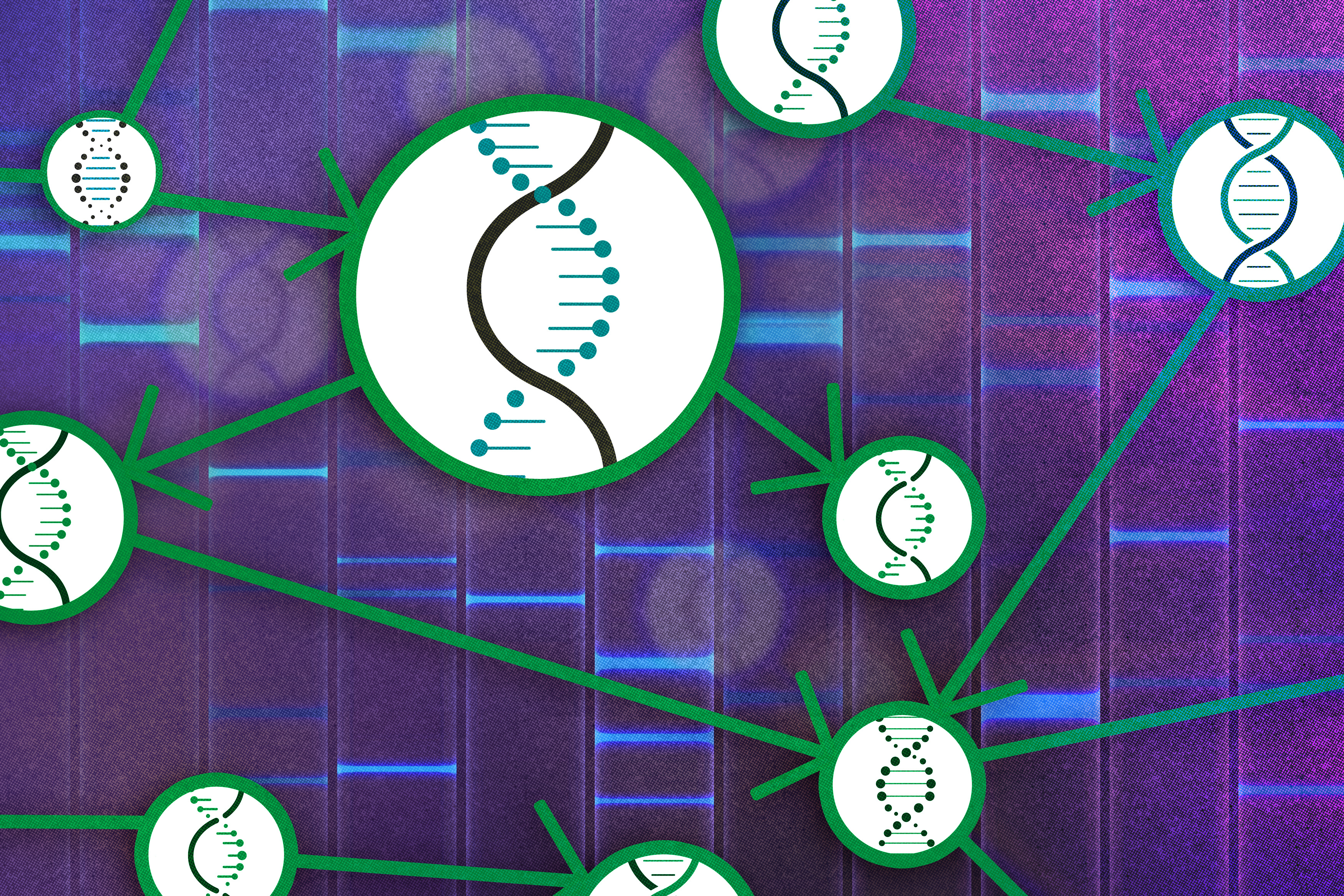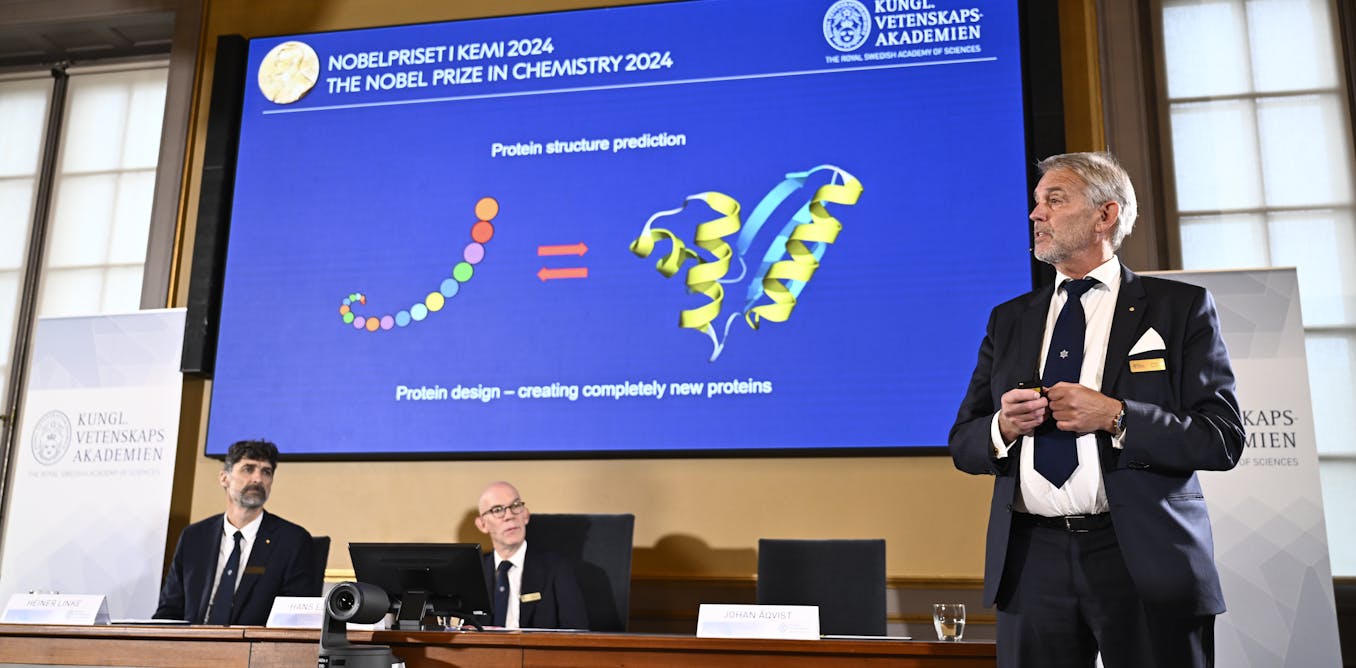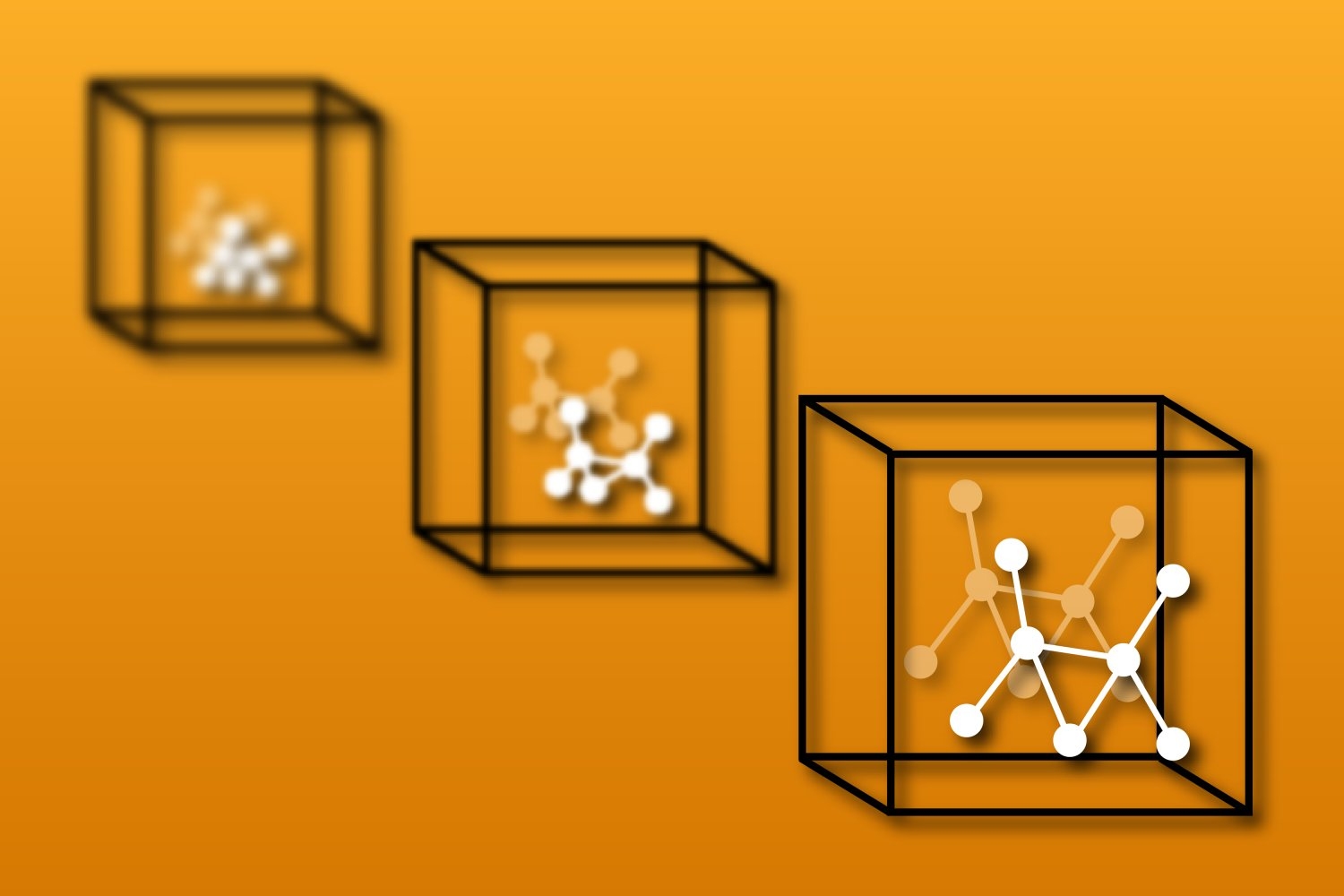AI harm is often behind the scenes and builds over time – a legal scholar explains how the law can adapt to respond
The damage AI algorithms cause is not easily remedied. Breaking algorithmic harms into four categories results in pieces that better align with the law and points the way to better regulation.
Nov. 22, 2024 • ~10 min










